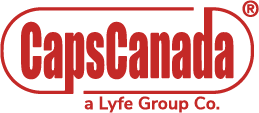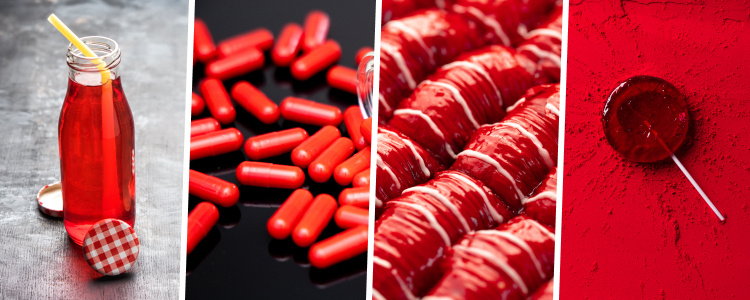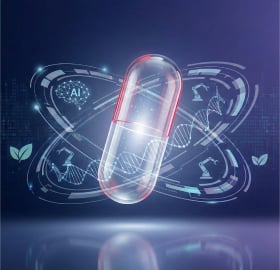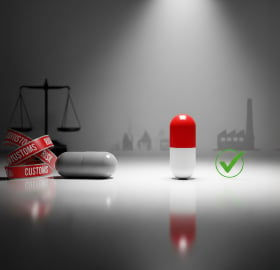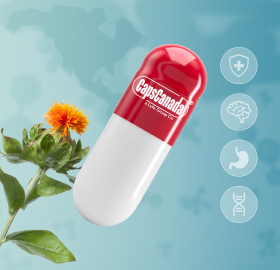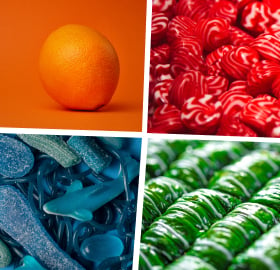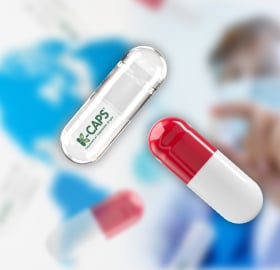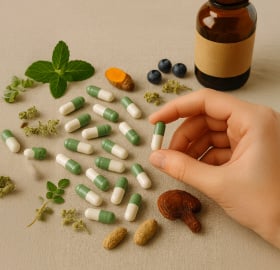The U.S. Food and Drug Administration (FDA) has announced a long-awaited ban on Red Dye No. 3, a synthetic food coloring linked to health risks like cancer and hyperactivity in children. This decision is a landmark in food safety regulation, reflecting growing consumer demand for cleaner, healthier products. Red Dye No. 3, also known as erythrosine, has been a staple in processed foods, beverages, and dietary supplements for decades but has faced increasing scrutiny over its safety.
What Is Red Dye No. 3?
Red Dye No. 3 is a synthetic dye derived from petroleum, widely used to give foods and supplements a bright red hue. It’s found in everything from candy, cereals, baked goods, medications, and vitamins. Despite its popularity, health concerns about the additive have persisted for over 30 years. In 1990, the FDA banned its use in cosmetics after studies linked it to thyroid tumors in lab animals, but the dye was still permitted in food and supplements due to regulatory loopholes. This inconsistency has fueled criticism, particularly as evidence of its potential health risks has grown.
Why Is the Ban Happening Now?
The FDA’s decision to ban Red Dye No. 3 follows mounting public pressure, recent scientific research, and legislative action at the state level. One pivotal moment was California’s California Food Safety Act, passed in 2023, which banned the sale of products containing certain additives, including Red Dye No. 3. California’s move created a domino effect, pressuring federal regulators to take nationwide action.
The FDA’s ban, announced in January 2025, includes specific timelines for manufacturers to reformulate their products. Those using Red Dye No. 3 in food must comply by January 15, 2027, while manufacturers of ingested drugs have until January 18, 2028, to remove the dye. Additionally, all imported food products must meet these requirements, ensuring that international suppliers adhere to the same safety standards.
Impact on Industry
This change aligns the U.S. with stricter international standards, such as those in the European Union, where artificial colors such as red dye No. 3 are banned or require warning labels.
For the food and dietary supplement industry, the transition can be challenging. Red dye No. 3 has been a cost-effective and widely available solution for achieving vivid red colors in products. Replacing it with natural alternatives such as beet juice, paprika extract, or carmine may involve product reformulation, higher production costs, and supply chain adjustments. While these changes may increase costs in the short term, they reflect a broader movement toward cleaner labels and safer products, something today's consumers are willing to pay for.
A Shift Toward Cleaner Labels
The ban is part of a broader trend toward transparency in ingredient lists and eliminating artificial additives. Clean-label initiatives are no longer optional but essential to remain competitive.
This decision also raises questions about the future of other controversial additives in the U.S. FDA's action on red dye No. 03, which may open the way for further bans or restrictions on other synthetic dyes and chemical additives.
How CapsCanda Can Help
CapsCanada offers solutions to manufacturers moving away from synthetic dyes such as red dye No. 03. We offer natural, plant-based capsules, free of artificial colors and additives, that help your products meet regulatory requirements and consumer expectations for cleaner labels.
Our K-CAPS capsules are available with naturally sourced colorants that enhance the aesthetic appeal of your products, as well as being vegetarian, Kosher and Halal certified, non-GMO, preservative-free, allergen-free, starch-free, heavy metal-free, non-toxic and non-carcinogenic.
However, it is essential to note that not all natural colorants are approved in all markets, so we work closely with you to identify compliant solutions tailored to your specific needs.
Whether you are reformulating dietary supplements or transitioning to options with natural colorants, we are committed to helping you deliver high-quality, compliant products that inspire confidence in your customers.

